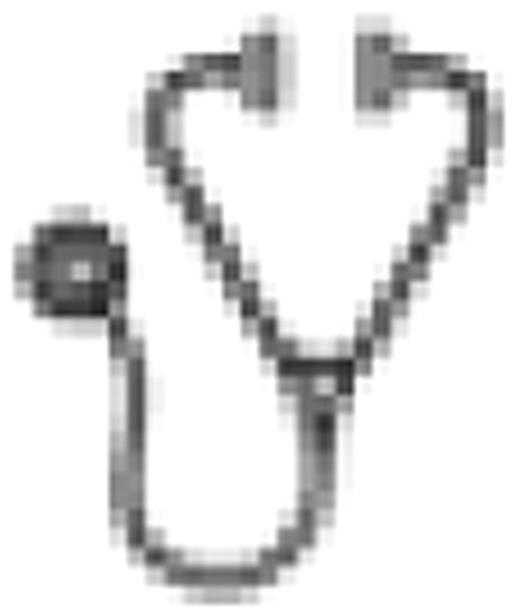Abstract
Two cancer patients were vaccinated with dendritic cells (DC) loaded with telomerase (hTERT) mRNA to investigate the safety, tolerability and immunological response to vaccination prior to the start of a new phase I/II clinical trial. Following written informed consent one primary lung adenocarcinoma with metastasis and one patient with a relapsed pancreatic ductal type of adenocarcinoma, were treated with autologus monocyte-derived DC transfected with mRNA encoding hTERT. The patients first received four weekly injections administered intradermally followed by monthly booster injections. Peripheral blood mononuclear cells (PBMC) at each vaccination time point were tested in vitro with transfected DC and a panel of 24 overlapping hTERT peptides. In addition, hTERT-specific CD8+ T cells were monitored by pentamer staining. The treatment was well tolerated with minor side effects. Immune responses against telomerase-transfected DC and some of the overlapping hTERT peptides were detected in both patients. We also detected hTERT-specific CD8+ T cells in both patients by pentamer staining in post-vaccination samples. The lung cancer patients obtained a stable disease that lasted 18 months while the patient with pancreas cancer who started the DC vaccination in July 2007 following palliative chemotherapy, still is in stable disease by continuously boost vaccination. T-cell responses against telomerase epitopes have also been identified in both non-vaccinated cancer patients and cancer patients previously vaccinated with telomerase peptide. Since patients with these findings often show extraordinary clinical courses of their disease we hypothesize that it exists a high degree of immunogenicity and HLA promiscuity for some telomerase epitopes. In this study we have shown that vaccination with hTERT-mRNA transfected DC is safe and able to induce robust immune responses to several telomerase T-cell epitopes both in CD4+ and CD8+ T cells. This opens up the possibility for a broad clinical application of mRNA hTERT DC vaccines. Furthermore, responding T cells identified in these patients are strong candidates for T-cell receptor cloning and the receptors identified can thereafter be transferred into T cells creating the next generation of immuno-gene therapy with retargeted T cells.
No relevant conflicts of interest to declare.

This icon denotes an abstract that is clinically relevant.
Author notes
Asterisk with author names denotes non-ASH members.

This feature is available to Subscribers Only
Sign In or Create an Account Close Modal